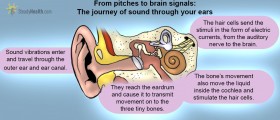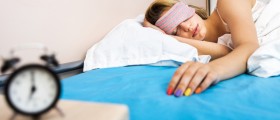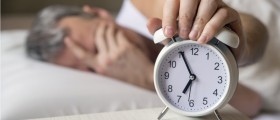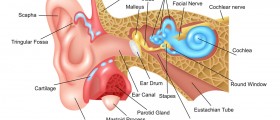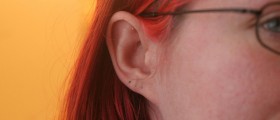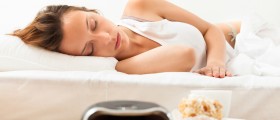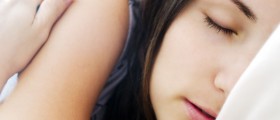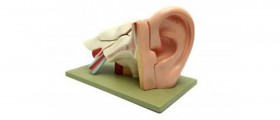I need some direction. Just shy of 2-years ago, I started getting a feeling and sound in my head of short repeating episodes of whooshing, hissing (similar to the ripping of paper). Each individual episode lasts approximately one second in duration. I only experience this feeling and sound after I have been asleep for a while. Those barely awake moments or groggy periods between sleeps that happen thought out the night. The sound is not affected by my position or repositioning while in bed. Once full awake or throughout the day I do not experience this problem. Only when I am lying in bed and somewhat asleep or groggy. The feeling and sound happens automatically over and over repeatedly about every 5 to 10 seconds apart while lying there quietly. No correlation with my heartrate or breathing. I can preempt the feeling and sound by moving my eyes left and right, but not up and down.
Neurologist unable to diagnosis. MRI and CAT of head along with a 48-hours sleep test shows nothing discernible. Only medications; Metformin (borderline type 2 diabetes), Levothyroxine (thyroid), Pravastatin (cholesterol). Please let me know what you think could be going on.
Loading...
There are a few general thoughts to consider when it comes to unusual auditory or sensory experiences like the one you've described:
-
Pulsatile Tinnitus: Some people experience a type of tinnitus that's described as a whooshing or thumping sound in the ears. It's often referred to as pulsatile tinnitus because it can seem to pulse in time with the heartbeat. However, you mentioned that this doesn't correlate with your heartbeat, which might suggest another cause.
-
Middle Ear Myoclonus: This is a rare condition where one of the muscles in the ear (usually the tensor tympani or stapedius muscle) undergoes rapid spasms. This can lead to rhythmic sounds that some describe as "thumping" or "fluttering" in the ear.
-
Medication side effects: Some medications have side effects that can cause tinnitus or other auditory sensations. It's always good to review the side effects of any medications you're taking to see if there might be a connection.
-
Eustachian Tube Dysfunction: The eustachian tube connects the middle ear to the back of the throat and can sometimes malfunction, leading to symptoms like fullness in the ear, popping, or even rhythmic sounds.
-
Sleep-related phenomena: Since you mentioned that these episodes occur when you're in a semi-awake state or transitioning in/out of sleep, it might be worth exploring sleep-related phenomena. Hypnagogic or hypnopompic hallucinations can occur as one is falling asleep or waking up, respectively, and can include auditory, visual, or other sensory experiences.
-
Other potential causes: There are many other potential causes for auditory sensations, including but not limited to high blood pressure, issues with blood flow in the neck or head, or other neurological phenomena.
Given that you've had extensive testing and evaluation by a neurologist, it seems like many of the potential causes have been ruled out. However, it might be worth getting a second opinion or consulting with an otolaryngologist (an ear, nose, and throat doctor) if you haven't already. They might have insights specific to auditory symptoms and could potentially offer additional evaluations or interventions.
It's also worth noting that the mind and body can produce a wide variety of sensations and perceptions, especially in states of transition like falling asleep or waking up. Sometimes these experiences don't have a clear medical explanation but are just quirks of our individual neurology and physiology.
Loading...


